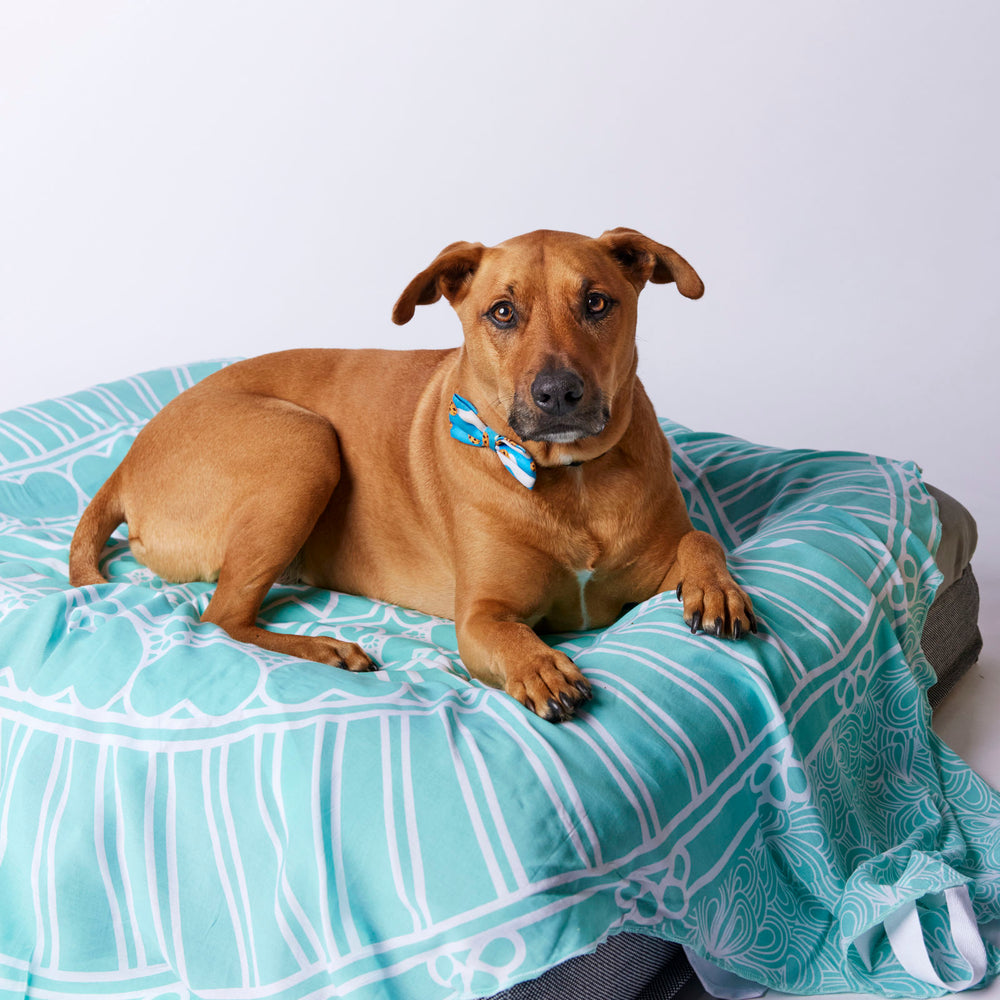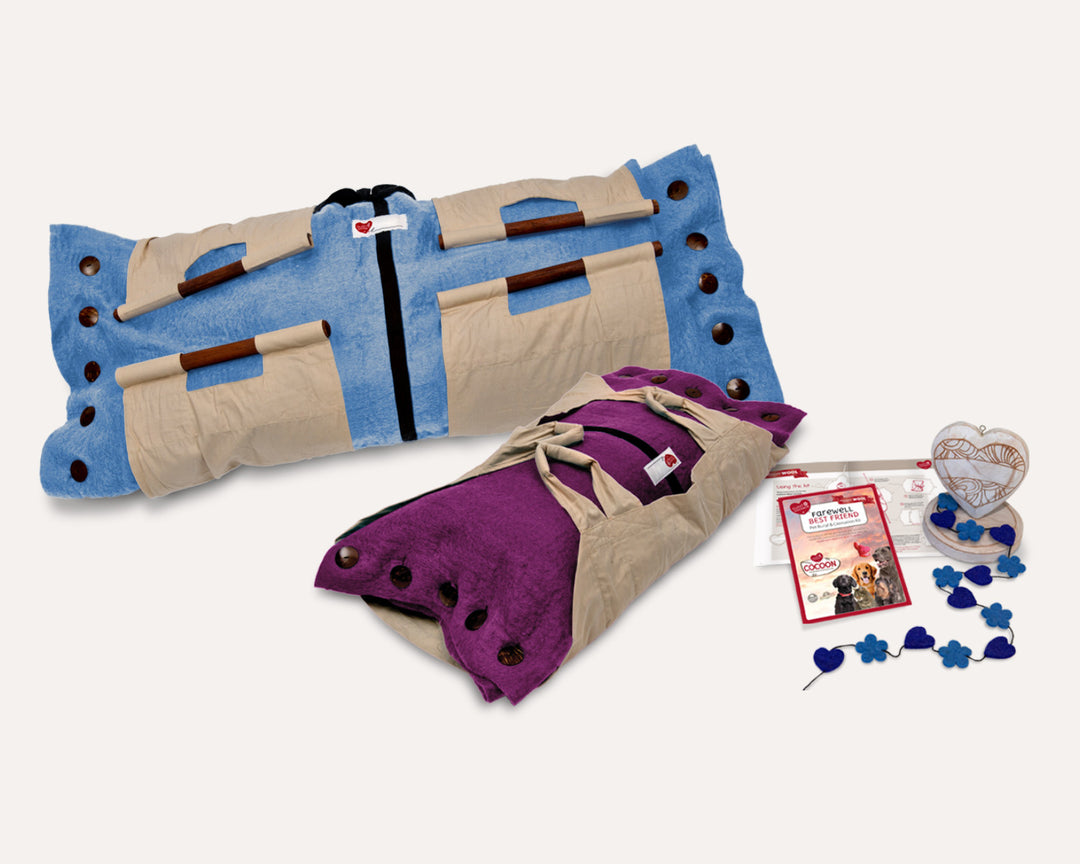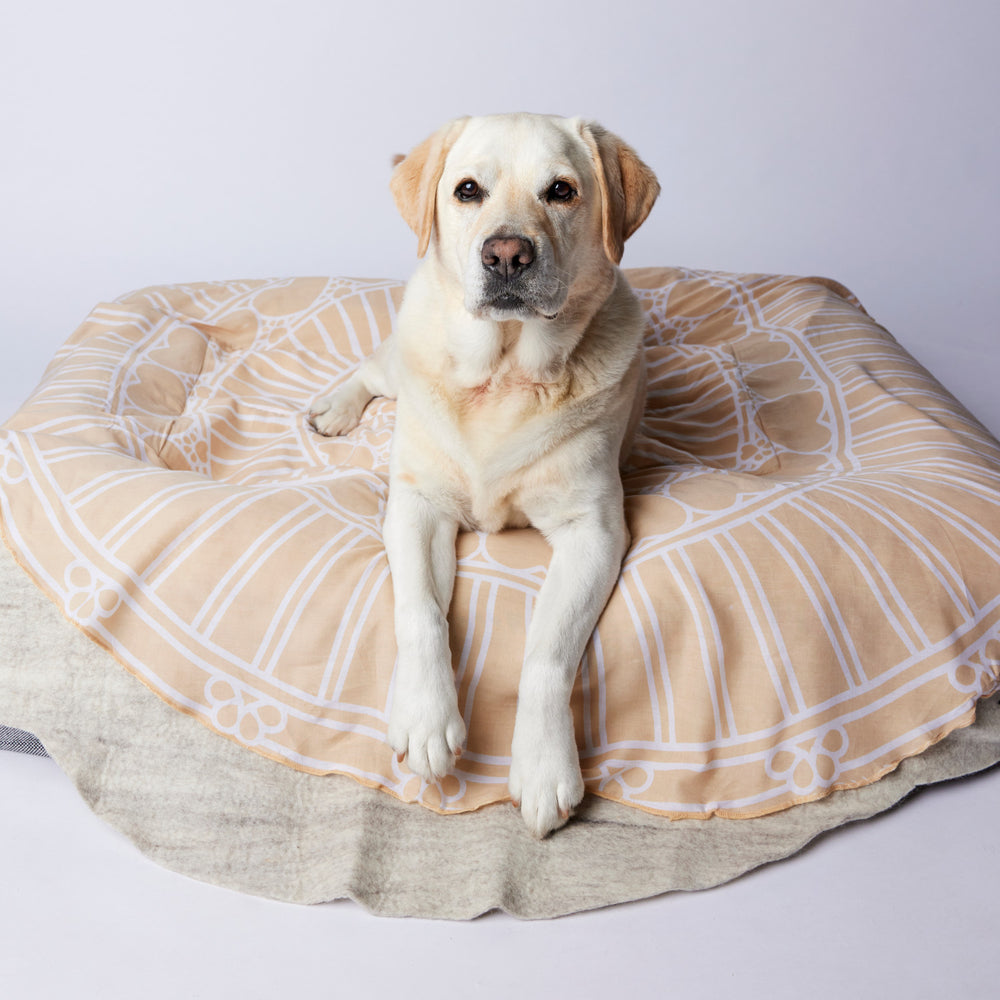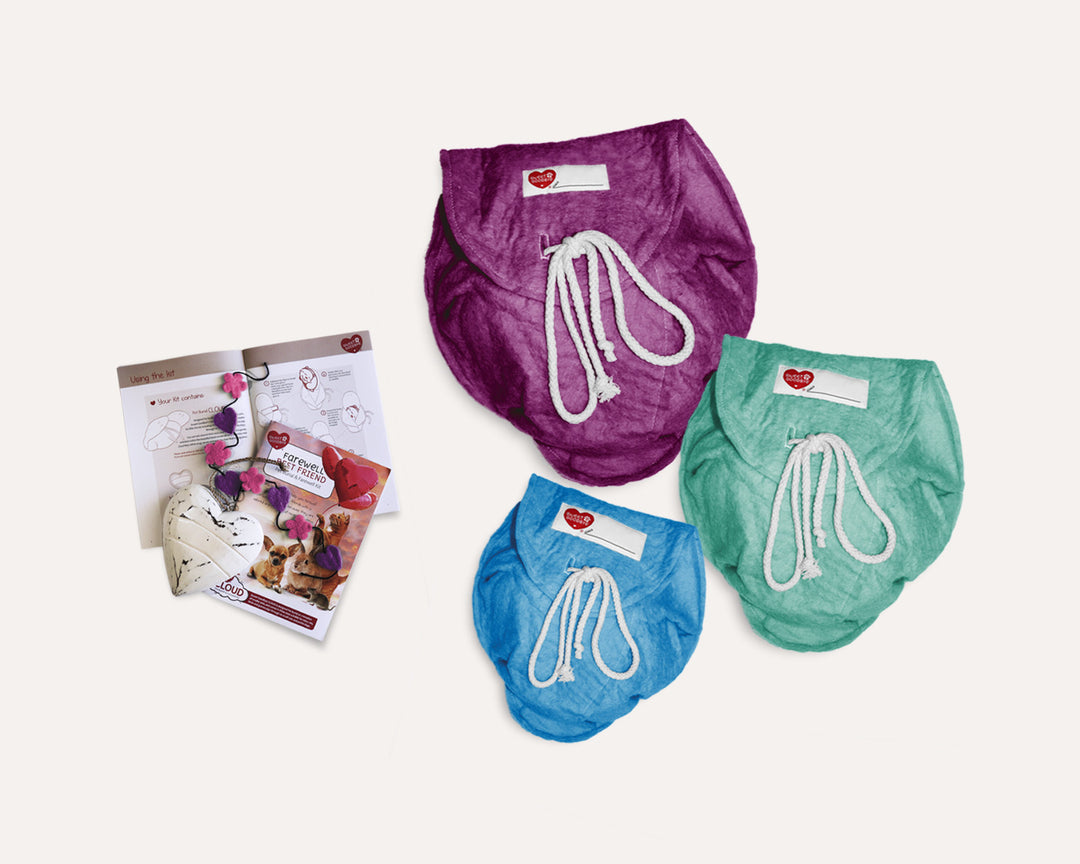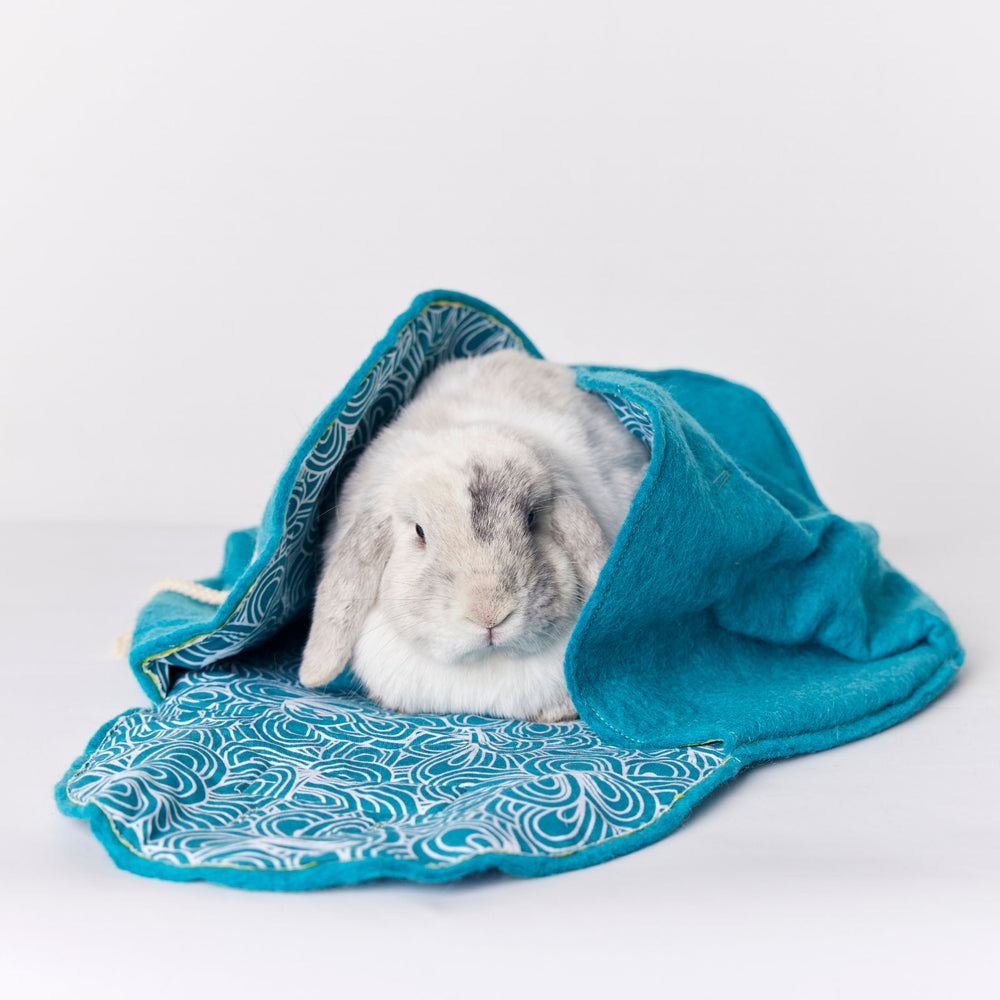Pocket Pets | The Most Common Reasons for a Vet Visit

One of the many things we love about having Chelsea, a Vet Nurse, on staff at Sweet Goodbyes is that we can ask her as many questions as we like... and give you the answers! (Sorry Chelsea!).
Pocket pets are one of our favourite topics of conversation. Chelsea filled us in on some of the reasons pocket pets were brought into past clinics she has worked at and how they were treated.
What pocket pets did you treat the most?
Chelsea: Rabbits and Guinea pigs were the most common pocket pets I saw in General Practice.
Was there a common condition they needed treatment for?
Chelsea: The most common condition we saw was called Gut stasis. Gut stasis causes the digestive system to slow down and stop functioning all together and as rabbits and guinea pigs are herbivores, they need to constantly eat to keep the gut functioning.
Gut stasis causes bacteria to build up within the digestive system, particularly the intestines and excess amounts of gas build up. This is incredibly painful and subsequently they stop eating, drinking, moving around and become very depressed.
How do we know if our guinea pig or rabbit has Gut stasis?
Chelsea: the signs of Gut Stasis are:
- Pain
- Underlying disease like kidney disease or dental disease
- Stress
- Lack of exercise and space
- Dehydration
- Inappropriate diet low in fibre or high in carbohydrates
How is Gut Stasis treated?
Chelsea: If your pocket pet is showing any symptoms of Gut Stasis, you should take them to your vet for immediate treatment as Gut Stasis can be fatal within 24hours.
Your Vet will then discuss options with you. Common treatment includes:
- Fluid therapy
- Pain reliefs
- Colic medications
- Syringe feeding
Gut Stasis patients receive treatment every 2-4 hours when in hospital dependent on their severity.
When in hospital vets are monitoring their pain levels, hydration status, food intake and faecal/urine output.
Once all the above has returned to normal levels/values they can look to be discharge home to their owners.
Did you have to treat any birds?
Chelsea: We did see birds, but it was generally for wing clips or nail trims. Birds require quite specialised treatment, so for anything else, they were referred to a vet who specialises.
Rats and mice are also common pocket pets - what did they usually get treated for?
Chelsea: Rats and mice have a very short life expectancy - they weren’t bought in very often. Most commonly they were bought in for euthanasia.
And snakes?
Chelsea: Not many vets work on snakes. Most vets that do treat snakes have done further studies and education on top of their already extensive vet Degree, as snakes and many other reptiles are a unique and specialised species to treat. As a nurse that has a fear of snakes, I chose not to seek further education to treat snakes specifically.
Lizards are becoming popular pocket pets- why would they need visit a vet?
Chelsea: Like snakes and various other reptiles, owners are required to have a license from their state or territory wildlife authority to own most reptiles as pets. This is to ensure these unique and beautiful creatures receive the appropriate care when in captivity.
Licensed and trained owners of reptile’s are fantastic at managing most things that pop up with their reptiles however they may present to the vet if they are having issues with their reptile’s lack of appetite, issues shedding, discolouration or egg bound/pregnancy related issues.
Are there any tips you can share on pocket pets to keep them healthy and reduce vet visits?
Chelsea: Most vet visits can be avoided with correct nutrition that is balanced, appropriate husbandry specific to their pocket pet and a stress-free environment that is free of predators.
Thorough research from reliable resources needs to be checked before purchasing a pocket pet.
Is there a particular pocket pet you would encourage people to steer clear of and why?
Chelsea: Pocket pets are fantastic and can be a great way for children to grow up and learn about nature and the ways of life I would encourage Rabbits, Guinea Pigs and Chickens as a great pet.
I would avoid reptiles without thorough education and guidance from experts, Reptiles are not a suitable pet for young children.
What should people look for in a vet if they have a Pocket Pet?
Chelsea: When searching for a vet to look after your Pocket Pet, there are four things you should consider;
- Look for a vet who has done further education or studies in Avian, Reptile or Herbivore medicine and surgery.
- Find a veterinary practice that sees Avian, Reptile and Herbivore’s regularly.
- Ask if the Veterinary Clinic has appropriate housing for your Pocket Pet?
- Ask if the Veterinary Clinic has appropriate equipment to treat your Pocket Pet?
In Australia, clinics such as “The Unusual Pet Vet” are a fantastic group of vets and nurses that all specialise in Pocket Pets. Their hospital and equipment are all suited to pocket pets.
They have various locations in Western Australia, Victoria, Queensland, Australian Capital Territory and South Australia.





